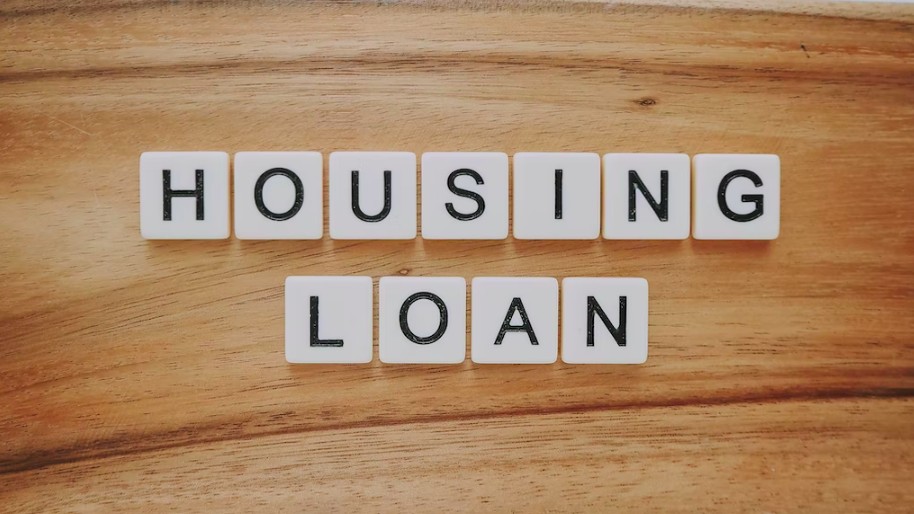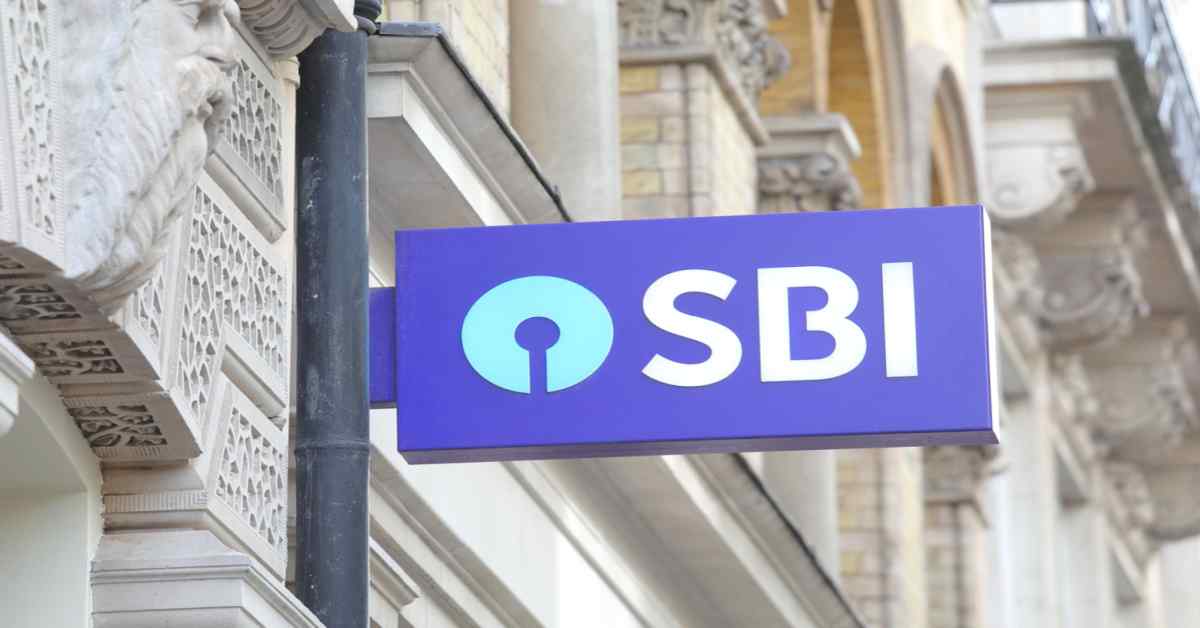Table of Contents
Quality Service Guarantee Or Painting Free

Get a rental agreement with doorstep delivery

Find the BEST deals and get unbelievable DISCOUNTS directly from builders!

5-Star rated painters, premium paints and services at the BEST PRICES!
Loved what you read? Share it with others!

Home Loan Process in India: Step-by-Step Procedure
Table of Contents
A home loan in India is the most practical way to make your homeownership dream a reality. It is a lending arrangement offered by banks and financial institutions, enabling you to purchase a home by spreading the cost over an agreed period. Understanding what is the home loan process in India, is the first step toward this goal.
Home Loan Process Step-by-Step Guide
Here’s the step-by-step process of applying for home loan—
1. Assess Your Eligibility
Before you jump into the home loan process step by step, you need to determine your eligibility.
Quality Service Guarantee Or Painting Free

Get a rental agreement with doorstep delivery

Find the BEST deals and get unbelievable DISCOUNTS directly from builders!

5-Star rated painters, premium paints and services at the BEST PRICES!
Understanding your eligibility helps set realistic expectations for your home loan application.
This involves evaluating your financial health, including your credit score, income stability, and existing debts.
2. Research and Choose a Lender
Start by researching various banks and financial institutions offering home loans. Compare interest rates, loan terms, and customer service to find a lender that suits your needs. This step is crucial, as the right lender can make a significant difference in your home loan experience.
3. Select the Right Home Loan Product
Different lenders offer various home loan products, each with unique features. Choose the one that aligns with your requirements, whether it's a fixed-rate loan, floating-rate loan, or a combination of both.
4. Complete the Application Form
Once you've chosen your lender and loan product, fill out the application form with accurate information. Be prepared to provide documents like ID proof, address proof, income statements, and property documents.
5. Verification and Validation
Your lender will scrutinize your application and documents for authenticity. This includes assessing your creditworthiness, verifying your income, and evaluating the property you intend to purchase.
6. Loan Approval and Sanction
Upon successful verification, your lender will approve and sanction the loan amount. They will issue a sanction letter that specifies the terms and conditions of the loan.
7. Property Valuation and Legal Verification
Your lender will assess the property's value to ensure it aligns with the loan amount. Additionally, they will conduct legal due diligence to confirm the property's legitimacy.
8. Disbursement and Registration
Once all verifications are complete, the lender disburses the loan amount to the seller, and you can proceed with property registration.
9. Loan Repayment
Your home loan repayment begins as per the agreed-upon schedule. Keep track of your EMIs (Equated Monthly Installments) and ensure timely payments.
10. Closing the Deal
After successful repayment, you officially become the homeowner. Ensure all necessary property documents are transferred to your name, and the home is legally and rightfully yours.
Following this step-by-step guide to the home loan process in India will streamline your journey to homeownership and help you avoid common pitfalls in the application process.
Eligibility Criteria And Important Documents For Bank Housing Loan Procedure
Eligibility Criteria for Bank Housing Loan
Banks and financial institutions have specific eligibility criteria that applicants must meet to qualify for a housing loan in India. While these criteria may vary slightly between lenders, here are some common eligibility factors:
- Age: Applicants should typically be between 18 to 70 years old, although this can vary among lenders.
- Income: Applicants must demonstrate a stable and sufficient income to repay the loan. This income can be from a salary, business, or other sources.
- Credit Score: A good credit score is essential. Lenders often require a minimum credit score to assess creditworthiness.
- Employment Stability: Lenders prefer applicants with a stable employment history, usually with a minimum number of years in the current job or profession.
- Co-Applicants: Lenders may allow co-applicants (like a spouse or family member) to combine their income and apply jointly, increasing the eligibility.
Important Documents for Bank Housing Loan Procedure
When applying for a housing loan, you'll need to submit a set of essential documents to support your application. The specific documents required may vary from one lender to another, but generally include the following:
1. Identity Proof
- Aadhar card
- Passport
- Voter ID
- Driver's license
2. Address Proof
- Utility bills (electricity, water, gas)
- Rental agreement
- Voter ID
3. Income Documents
- Salary slips for the last few months
- Income tax returns (ITR) for the last few years
- Bank statements for the last 6 months
4. Property-Related Documents
- Sale agreement
- Property title documents
- No Objection Certificate (NOC) from the builder
- Approved building plan and layout
5. Employment and Income Verification
- Employment verification letter (provided by your employer)
- Income stability proof, such as Form 16 for salaried individuals
- Business financial statements for self-employed individuals
6. Credit Report
- A copy of your credit report that includes your credit score
Home Loan Procedure: Common Challenges and How to Overcome Them
Here are some important points you should keep in mind during the property loan process:
- Low Credit Score: If your credit score is below the lender's required threshold, work on improving it by paying off existing debts, ensuring timely bill payments, and correcting errors in your credit report.
- Insufficient Income: If your income is not sufficient to meet the lender's requirements, consider adding a co-borrower with a stable income to enhance your eligibility.
- Documentation Errors: Ensure that all documents are accurate and up to date. Double-check your paperwork to avoid discrepancies that may cause delays.
- Property Discrepancies: Conduct a thorough legal and technical assessment of the property to identify and rectify any issues before applying for a loan.
Home Loan Approval Process: Key Takeaways
- Home loans are the foundation of turning homeownership dreams into reality in India, offering a practical solution to the challenge of rising property prices.
- The home loan process involves several steps, from eligibility assessment to documentation and property valuation, before disbursement and repayment.
- Eligibility criteria and accurate documentation are vital to the approval process, and it's essential to maintain a good credit score for a smooth loan application.
- Property loans for investors differ from traditional home loans, primarily in terms of down payment, interest rates, and the loan's purpose.
Discover the easiest way to secure a home loan on NoBroker
Understanding the intricacies of the home loan process will guide you through the maze of financial transactions and property acquisition. NoBroker can simplify the home loan process, offering you a shortcut through the complexities and providing the clarity you need. Your dream home is closer than you think, and the path to it is now illuminated with understanding and support. Get started and make your homeownership dreams a reality.

Frequently Asked Questions
A. A home loan is a financial product provided by banks or financial institutions that allows individuals to purchase a home by borrowing the required funds, which are then repaid over an agreed-upon period.
A. Eligibility for a home loan typically depends on factors like your age, income, credit score, and employment stability. Lenders often provide online eligibility calculators or you can consult with them directly.
A. The required documents typically include identity proof, address proof, income documents (such as salary slips or income tax returns), and property-related documents like the property title and sale agreement.
A. NoBroker simplifies the home loan process by offering comprehensive information on home loans, connecting you with suitable lenders, streamlining the application process, and providing expert guidance. Their platform centralizes all the resources you need, making the journey to homeownership more convenient.
A. Property loans, often used by real estate investors, typically require a larger down payment, may have slightly higher interest rates, and are used for investment purposes. Traditional home loans are for owner-occupied homes with lower down payment requirements and competitive interest rates.
A. Improving your credit score involves paying off existing debts, ensuring timely bill payments, and correcting errors in your credit report. Maintaining a good credit history is crucial for loan approval.
A. To begin your home loan application through NoBroker, visit their platform and explore the resources and lender connections available. You can get in touch with NoBroker to receive expert guidance and support throughout the application process.
A.Yes, property loans can be used for commercial real estate investments, such as purchasing office spaces, retail properties, or industrial properties.
Recommended Reading

Home Loan Insurance: Protecting Your Investment
January 31, 2025
17891+ views

Understanding Home Loan Tenure and Why It's Important
January 31, 2025
17642+ views

Home Loan For Government Employees in India
January 31, 2025
16411+ views

Home Loan Top-Up: Interest Rate, Eligibility and Process
January 31, 2025
11761+ views

Home Loan for Resale Flats in India
January 31, 2025
11140+ views
Loved what you read? Share it with others!
Most Viewed Articles

Home Loan Interest Rates for All Banks in 2026
May 7, 2025
54107+ views

SBI Home Loan Interest Rates - Updated in 2026
May 7, 2025
52957+ views

SBI Home Loan Interest Certificate: Benefits, Offline and Online Options, Get via Yono App in 2026
January 31, 2025
36938+ views

ICICI Home Loan Interest Rates - Updated in May 2025
May 7, 2025
29743+ views

HDFC Home Loan Interest Rates - Updated in May 2025
May 7, 2025
27327+ views
Recent blogs in








 Full RM + FRM support
Full RM + FRM support
Join the conversation!